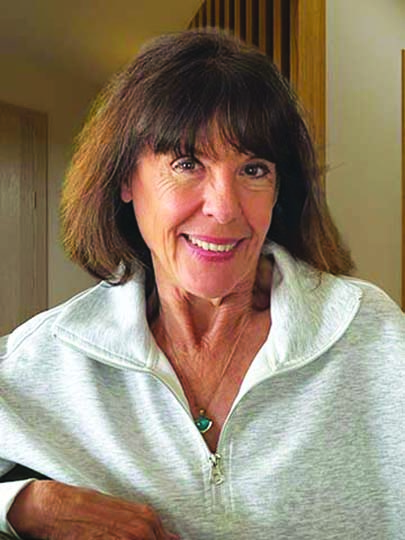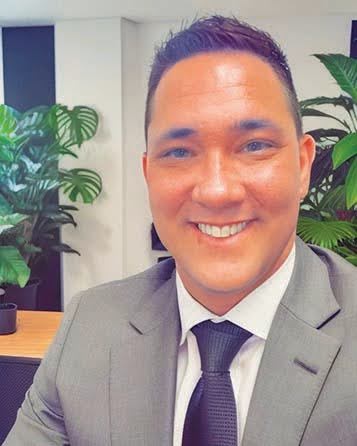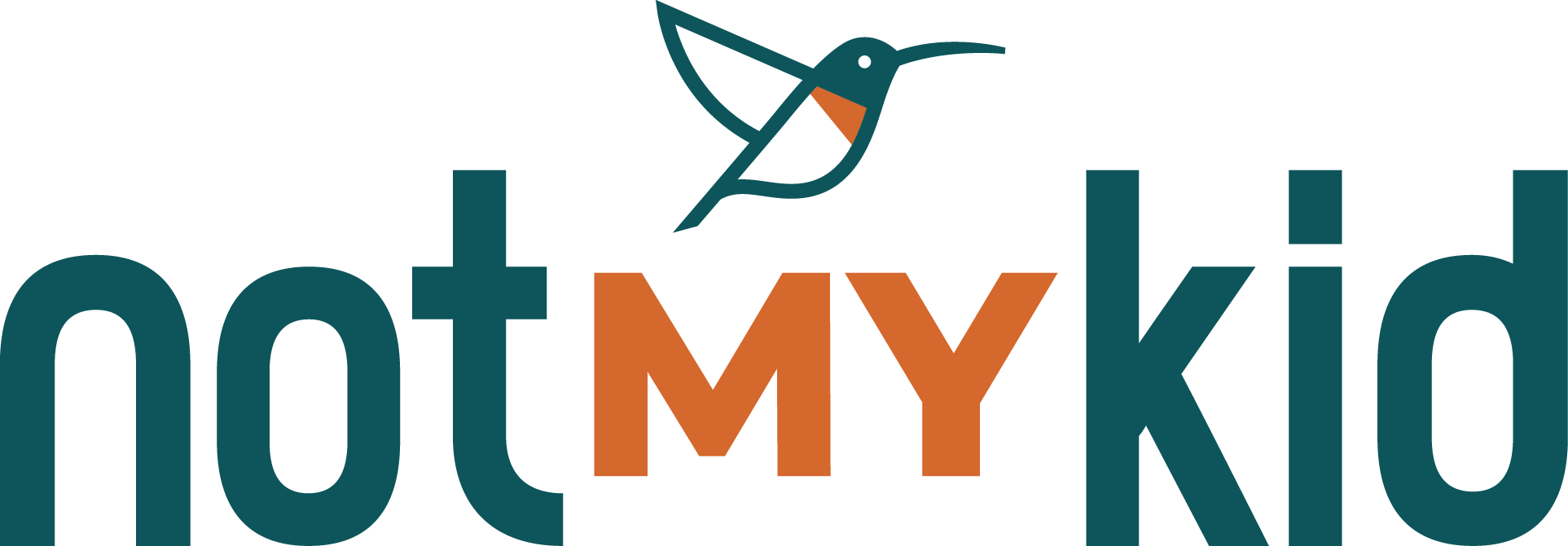How much are you willing to lose?
It has long been warned “the road to hell is paved with good intentions” and perhaps the same can be said to people who try in earnest to connect problem gamblers to much needed resources. Those who work closely with this group through therapy, support groups, or personal associations know that relapse is a constant threat to any success story. The last thing any problem gambling organization or support group wants to be is a stumbling block on someone’s path to stop gambling. That is why it is considered an important rule to remove all gambling based terms and phrases from our vocabularies and speech. Hearing these words can act as a trigger for someone struggling with gambling addiction.
Fear of Triggers
The fear of a trigger word or image negatively affecting a gambler was the overriding concern for the Arizona Office of Problem Gambling as they worked over the past year to create a new marketing campaign. How do you reach every corner of the State blasting the message of problem gambling awareness without actually saying the words slots, betting, casino or showing machines and money? It is not an easy task and one that many potential marketing companies struggled with alongside the OPG team.
A second hardship was found in trying to make the message clear and targeted. You don’t want a gambler thinking the message must be intended for someone else because it did not specifically call out slot players and they only gamble at the slots, or it can’t mean them because they only play the lotto. You want the advertisement to almost call them by name saying “yes you …right there… you have a gambling problem and here is some help!”
“We looked over pitches from several marketing companies, spent hours in debate within our own office, and went through dozens of drafts before we even got close to a campaign we could use,” said Larissa Pixler, Program Director for the Arizona Office of Problem Gambling. “When you are dealing with a group that has one of the highest rates of suicide of any addiction, the last thing you can do as a prevention and treatment agency is risk doing harm.”
So how do you create targeted and effective advertising that can’t mention anything about the service that’s being provided? It’s a good question, and in the end questions were exactly what the (AZOPG) Arizona Office of Problem Gambling decided to use.
With the slogan of “Just how much are you willing to lose?” the agency set out to grab the attention of problem gamblers by asking them a question. The ads even offer up a list of potential answers to better drive home what is at stake, or perhaps what someone is already facing in their lives. Billboards and magazine ads ask if you are willing to lose more than just your money to gambling, but also your family or your marriage and kids. Another poses the options of losing your job or savings.
These mostly black and monotone advertisements feature only the logo of the AZOPG in color. “They are meant to leave the problem gambler thinking about what they have already lost, what they are at risk of losing, and showcasing how they are risking more than just the money they put into each gamble,” said Pixler.
Once the basic format for the advertising was chosen there was still an endless consternation over where to place the ads for the most impact. Placing the new campaign on OPG’s social media such as their @AzOPG Twitter account was easy and cost nothing. Using paid advertising on Facebook was also a low cost way to target particular age groups with certain habits. However, with a limited budget the placement of large ads on billboards and in magazines became a meticulous task.
“We are fortunate that through excellent relationships with our State’s casinos we have messaging already inside the gaming areas,” said Pixler. “The hard question we faced was where else could we target people that might need to hear this message.”
Strategic areas along major interstates were targeted for the first round of advertising. However, along with location also came decisions over timelines. OPG knew they wanted to kick off the new campaign at the beginning of the year, but they had to balance the start date with the need to still be pushing the message even harder through heavy sports betting periods like the Super Bowl and March Madness. The team also wanted a push during March since it is “Problem Gambling Awareness Month” as well as OPG’s Annual Symposium.
“Since most of the campaign is done digitally it allows us to make some small changes to the ads as we progress through the first year. For instance, we were able to add a line to the magazine ads that talked about our upcoming symposium and how people can visit the website www.azgamblingsymposium.com to register. However, once we have the symposium on March 7th we can drop that information moving forward. Since most of the ads are digital it really allows a lot of flexibility, especially as we continue to get new data on the new campaign,” said Pixler.
The new campaign has been running since the beginning of the year and with only two months of results by which to judge, OPG is already very optimistic that all their hours of debate and careful consideration over the advertisements were worth it. Tracking shows that the campaign has been seen online by thousands of people and a large chunk of that group is choosing to follow different links to available resources.
It will take a full year of having the campaign in place to truly have enough data to see what impact the new advertisements had in reaching those struggling with gambling addictions or those close to someone with the problem.
“As we see the number of people reaching out for help and taking advantage of resources for problem gambling drop across the nation we have to try new ways of getting this important message out there. We need people to know there is help available,” said Pixler.
If you would like to learn more about the Arizona Office of Problem Gambling you are encouraged to go onto to their website
problemgambling.az.gov and learn more about the upcoming March 7th Symposium and what other resources they offer.


































